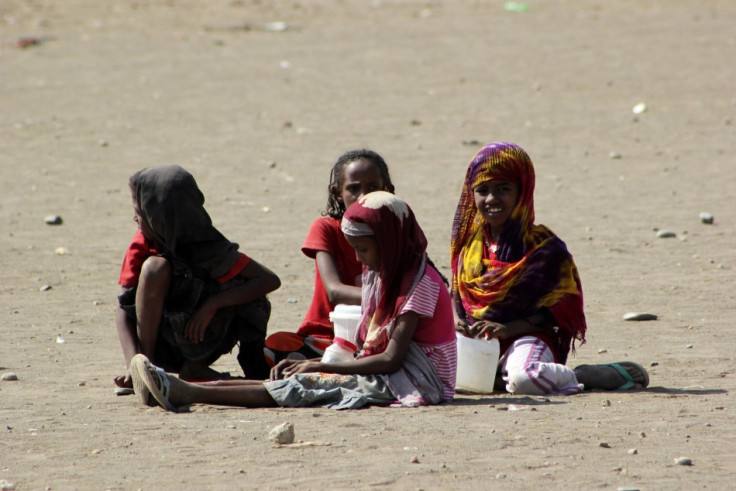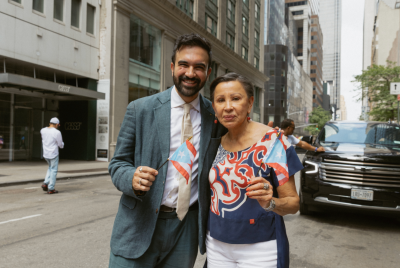Amnesty Denounces Violence Against Kidnapped Eritrean Refugees

Amnesty International has called on Egypt and Sudan to take serious steps in order to stop the kidnap and trafficking of Eritrean asylum-seekers, according to a new report.
Victims have been kidnapped from camps on the Sudan-Eritrea border by the local Rashaida tribe, sold off to Bedouin criminals in Egypt's Sinai Peninsula and severely abused there, according to Amnesty.
Violence inflicted on captives has included rape and sexual abuse, beatings, burning and other violent treatment. Criminal gangs demand ransom payments from the families of the kidnapped.
Refugees die from injuries or because their families are unable to pay the ransom, which can amount up to $40,000.
"The Egyptian authorities have a duty to protect any individual on their soil, and must urgently take steps to free all people held captive and subjected to appalling abuses in Sinai, and provide them with immediate medical attention and access to asylum procedures and support," said Claire Beston, Amnesty International's Eritrea researcher.
"It is particularly worrying that numerous victims have alleged that the members of the Sudanese National Security Service are involved in the kidnappings near the borders with Eritrea and Ethiopia. The Sudanese government must investigate all allegations of the involvement or complicity of Sudanese officers and where sufficient evidence is found, individuals must be arrested and prosecuted," said Claire Beston.
'Doused in petrol and set on fire'
An Eritrean survivor described what happened to one of the other captives who was "made an example of".
"He was bleeding all over. After more beatings, they poured petrol on him and set him on fire. After he died, they left his body in the room with us until it became rotten and worms started crawling. They forced all of us in turns to hold him."
The human rights organisation said it has continued to receive reports of kidnappings since early 2011.
The majority of freed victims are in Israel, while some are in Egypt and Ethiopia.
© Copyright IBTimes 2025. All rights reserved.






















